Gábor Gadó Quartet - Unknown Kingdom (2003)
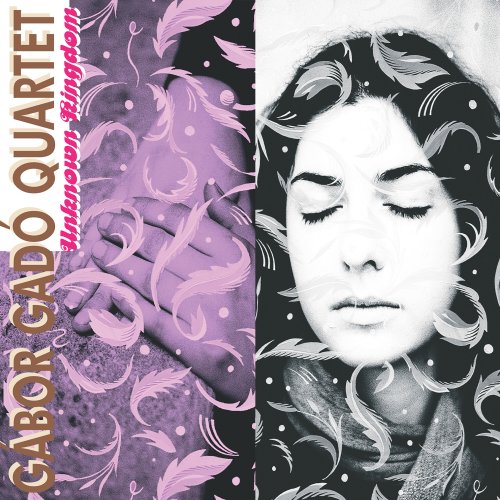
Artist: Gábor Gadó Quartet
Title: Unknown Kingdom
Year Of Release: 2003
Label: BMC Records
Genre: Jazz
Quality: flac lossless (tracks)
Total Time: 01:09:40
Total Size: 365 mb
WebSite: Album Preview
TracklistTitle: Unknown Kingdom
Year Of Release: 2003
Label: BMC Records
Genre: Jazz
Quality: flac lossless (tracks)
Total Time: 01:09:40
Total Size: 365 mb
WebSite: Album Preview
01. Unknown Kingdom
02. Champs-Elysées Affair
03. Europa
04. Friends' Play
05. The World of Ulro
06. Little Bloody Song Explicit
07. In Memory of Three Poets
08. Nathalie, Pascal and the Angel
Gábor Gadó offers here his most intimate, most secret album. The darkest also – in contrast to the earlier Orthodoxia, which was marked by an intense melodic luminosity. And which he now deems “too melodic, too elegant”. Is this the caprice of an artist so obviously centred on melody? Or is it Gábor’s way of objecting to being considered a melodic composer? Certainly, he grew up singing Hungarian folk songs in choirs – but Kodály’s system combines with Kesztler’s to teach harmony and counterpoint emphasising functions of scale degree rather than names of notes. Accordingly, Gábor has vertical hearing, an effortless sense of tonality and a natural ease in playing with its tensions and releases. He has the ability to superimpose on the most perfect cadences, voicings and alterations no one but he could devise, in some respects evoking a vocal polyphony born on the line of demarcation between tonal Occidental and modal Oriental music.
The chromatic temptation is all the more disturbing as Gábor’s music is bound to the modal tradition and the drone of the guitar’s open strings. The persistence of these outside the tonal field accentuates the mobility of chord progressions until an impression of instability, of escaping forwards, is reached.
In Unknown kingdom it is the centre note – E – that resonates now here, now there, now forward, now recessed, while the guitarist leads Matthieu Donarier along the chromatic scale. It is this same pedal note E in Europa and the open strings in the introduction of The World of Ulro which thwarts the tonal transparency.
In the piece In memory of three poets, the pentatonic scale of Hungarian folk songs, in A then B flat, floats above modal chords without functional anchor. This feeling of drifting, constant in Gábor’s music, is sustained by a recurrent use of rubato, a characteristic he shares with partners well-versed in the languages of the post-Coltranian era. But it is the rubato of traditional Hungarian music that he thinks of first: “When I heard John Coltrane for the first time I thought to myself, he must have heard a good many Hungarian folk songs.”
Friends’ Play is the only piece to use straight ahead jazz tempo. “Knocked off” by Gábor’s accompanists at the end of the recording session, without premeditation, with no ulterior purpose and against Gábor’s will, it casts a luminosity which intensifies the shadows of the album. “I play against Matthieu, he resists me, I try to tempt him, he carries on. It’s joyful music – full of the joy of playing.” In other words, even when it seems that he has slackened the reins, Gábor remains in control of the interactive complicity of his brilliant companions, thinking as a composer to the very last – even the apparently unrestrained, free improvisations of In memory of three poets are no more than variations on a theme.
The titles of the pieces are intriguing. “I first think of the structure and the voicings. But sometimes it’s the titles that come first. Unknown kingdom came from watching a landscape. It called to mind Alain Fournier’s book, Le Grand Meaulnes, and the music suffused me, as if in a dream. This sort of revelation usually requires a long compositional process, during which I have to select and discard. But with the Unknown kingdom, it all came at once.”
In Europa, evoking a difficult childhood, Gadó refers to the Europe he discovered at the age of fourteen or fifteen through reading Balzac and later through watching the films of Tarkovsky, Fellini and Bergman. He realised he was not alone in feeling distress. From the four corners of Europe, books, films and paintings enabled him to decipher his anguish and fears.
The three movements of Champs-Elysées affair were inspired by the city. The first by its urban, stratified vertical structure, detailed through the arpeggios of the guitar as though in cross-section. “No music! Total chaos!” are the instructions given for the second movement, inspired by urban oppression. The third, in contrast, is conceived as a refuge, a haven.
Little bloody song means exactly the opposite of what we would expect it to mean, as it refers not to the blood gushing from a wound but life-blood, blood that gives and sustains life. The first notes of the guitar are like the call of a preacher calling for exultation.
In memory of three poets portrays three Hungarian poets close to Gábor’s heart. Attila József committed suicide, Endre Ady died of syphilis, Miklós Radnóti died in the course of deportation. “Such might have been my destiny. When I realized none of them had lived to my age, I wrote this requiem for them. It just came to me while I was practising the guitar and thinking about them; fragments from their poems came to my mind, and Bartók’s music, coinciding with their vision of the world.”
For all this, Gábor’s music does not aim to be narrative. It refers only to those abstractions that haunt a reader of Schopenhauer and Swedenborg. The World of Ulro is a book by the Polish poet Czeslaw Milosz referring to the symbolic figure of William Blake. Gadó’s piece of the same title is a troubled introspective on the model of the Tibetan meditation yeti yeti, the essence of which is that we must face our demons in order to rid ourselves of them. In The World of Ulro, Gadó does not narrate but literally grabs and sweeps his companions along to experience for themselves the successive phases of annihilation, wandering, and rebirth. Similarly, throughout the record, pedal notes resisting the chord progressions and tonal equilibrium counterpointed by chromatic chaos, are all manifestations of a tormented, sensitive soul seeking an absent God. Of whom Gábor says: “Even if He didn’t exist, one would still have to believe in Him.”
Gábor Gadó - guitar
Matthieu Donarier - tenor saxophone
Sébastien Boisseau - double bass
Joe Quitzke - drums
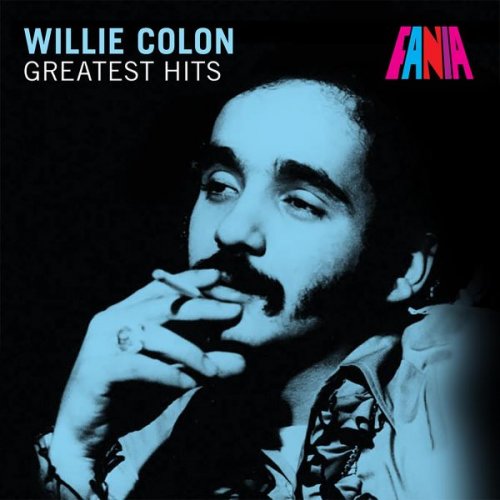
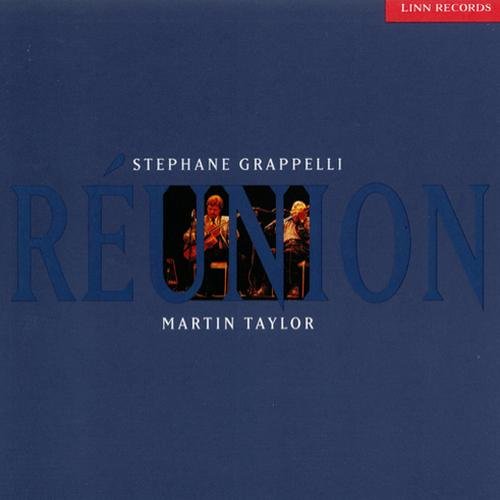
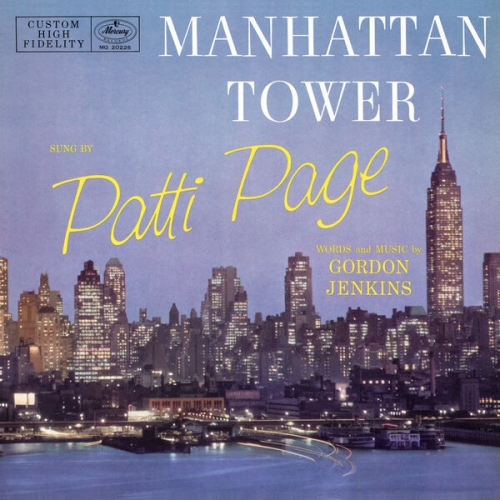
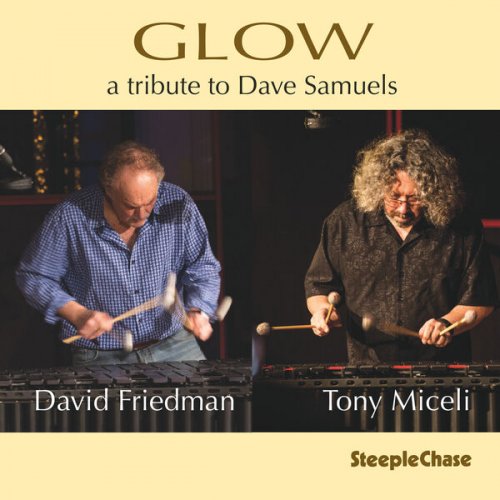
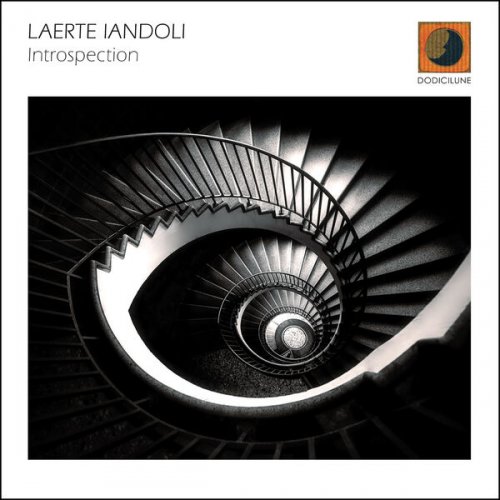
![Herminio Bello De Carvalho - Hermínio Bello de Carvalho 90 (2026) [Hi-Res] Herminio Bello De Carvalho - Hermínio Bello de Carvalho 90 (2026) [Hi-Res]](https://img.israbox.com/img/2026-03/01/7d9otuo4k41izuhqy3mc75spu.jpg)
![Dave Stapleton - Quiet Fire (2026) [Hi-Res] Dave Stapleton - Quiet Fire (2026) [Hi-Res]](https://www.dibpic.com/uploads/posts/2026-02/1772036051_v5l0f2qh1r2cb_600.jpg)
![Chad Lefkowitz-Brown - City Spirit (2026) [Hi-Res] Chad Lefkowitz-Brown - City Spirit (2026) [Hi-Res]](https://www.dibpic.com/uploads/posts/2026-02/1772171883_y3mc4z2lmsr7a_600.jpg)
![Lexington - HARD BOP TANGO (2026) [Hi-Res] Lexington - HARD BOP TANGO (2026) [Hi-Res]](https://www.dibpic.com/uploads/posts/2026-02/1772180664_cover.jpg)